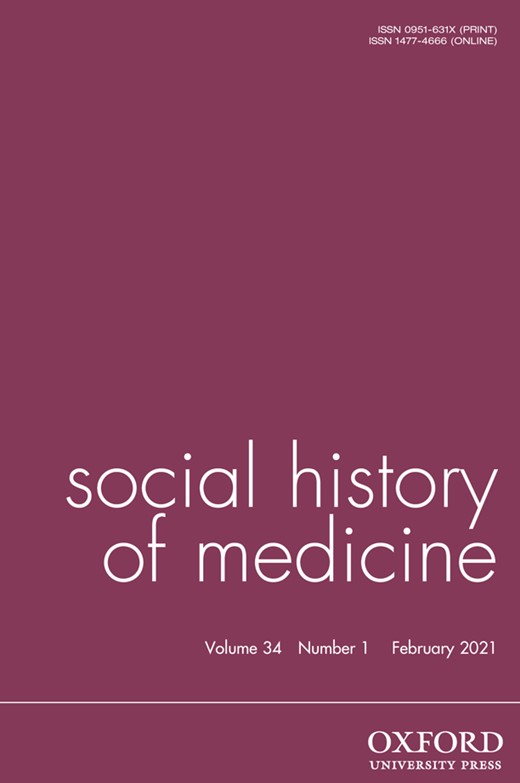-
Views
-
Cite
Cite
Lisa Trivedi, Maternal Care and Global Public Health: Bombay and Manchester, 1900–1950, Social History of Medicine, Volume 34, Issue 1, February 2021, Pages 46–69, https://doi.org/10.1093/shm/hkz080
Close - Share Icon Share
Summary
In the nineteenth century, the British government at home and in the empire promoted the development of public health systems to contain epidemic diseases. By the early twentieth century, the government turned its focus increasingly to children’s physical fitness and, in turn, society’s capacity for both labour and military power. Given the role that women played in reproducing the nation’s prospective power, women were perceived to need intervention not only for their own sake but also for the well-being of the nation’s next generation. This essay considers the historical moment when government officials, social reformers and physicians realised that they needed mothers to live for their nations and states to survive. After reviewing discourses shared by social reformers and government officials in Bombay and Manchester, the essay considers the records of St. Mary’s Hospital and the Nowrosjee Wadia Maternity Hospital to explore the role of physicians in the medicalisation of maternal mortality.




